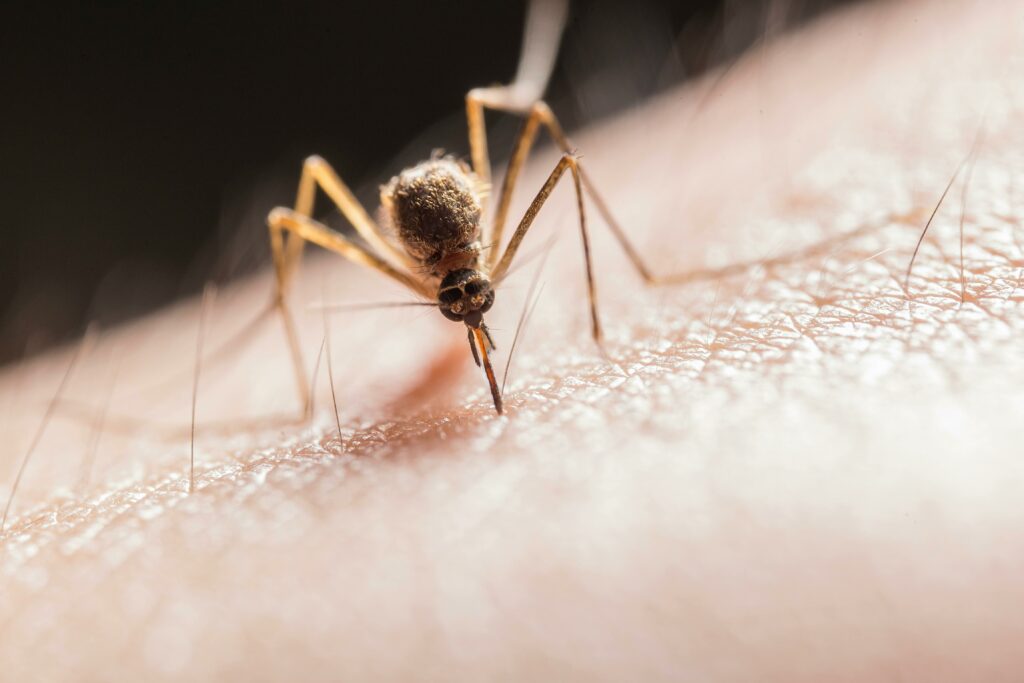The Wyoming Department of Health (WDH) is reminding the public to remember to protect themselves from mosquito bites to help prevent West Nile virus (WNV) infection.
“Recent reports confirm the first human infection of West Nile virus this season involving a Goshen County resident,” said Courtney Tillman, epidemiologist with WDH. “It is important to remain alert and protect yourself from mosquito bites during the last months of summer while mosquitoes remain active.”
Most people with WNV don’t have symptoms but people who develop symptoms report fever, headache, body aches, skin rash and swollen lymph nodes. A very small number of individuals develop West Nile neuroinvasive disease with symptoms such as severe headache, fever, neck stiffness, stupor, disorientation, coma, tremors, convulsions and paralysis.
West Nile virus (WNV) is spread by mosquitoes when they feed on infected birds and then bite people, animals or other birds.
“To protect yourself from WNV, it’s important to prevent mosquito bites,” Tillman said. The “5 D’s” of WNV prevention include:
1) DAWN and 2) DUSK – Mosquitoes prefer to feed at dawn or dusk, so avoid spending time outside during these times.
3) DRESS – Wear shoes, socks, long pants and a long-sleeved shirt outdoors. Clothing should be loose-fitting and made of tightly woven materials.
4) DRAIN – Mosquitoes breed in shallow, stagnant water. Reduce the amount of standing water by draining and/or removing objects with standing water.
5) DEET – Use an insect repellent containing DEET (N, N-diethyl-m-toluamide). When using DEET, be sure to read and follow label instructions. Picaridin (KBR 3023) or oil of lemon eucalyptus can also be effective.
WNV first appeared in Wyoming in 2002. Reported annual human cases have ranged from one case with no deaths to 393 and nine deaths in 2003. In 2023, there were 27 WNV cases and four deaths reported among Wyoming residents. “We fully expect Wyoming’s true case numbers are higher than our numbers reflect because not everyone who is ill gets tested,” Tillman said.
Information from WDH about West Nile virus can be found at www.badskeeter.org.
Certain birds such as crows, ravens, jays, raptors, owls and sage grouse are particularly susceptible to West Nile virus. Any questions/concerns about wild birds should be directed to a local Wyoming Game and Fish Office or to the Wyoming Game and Fish Department’s Wildlife Health Laboratory at (307) 745-5865.










